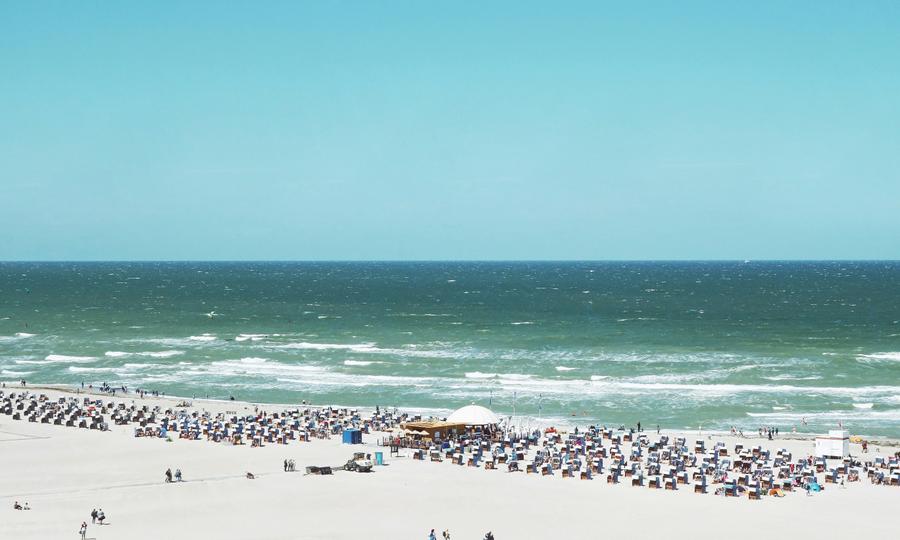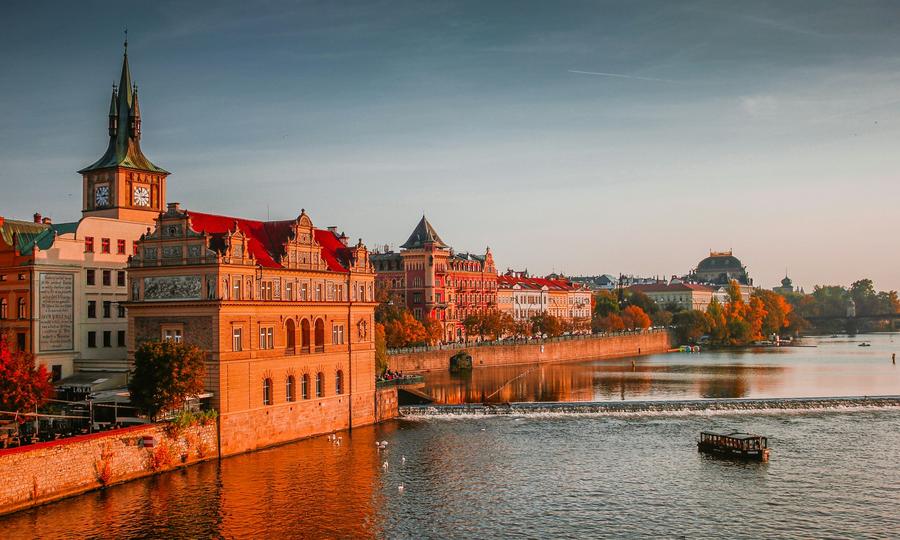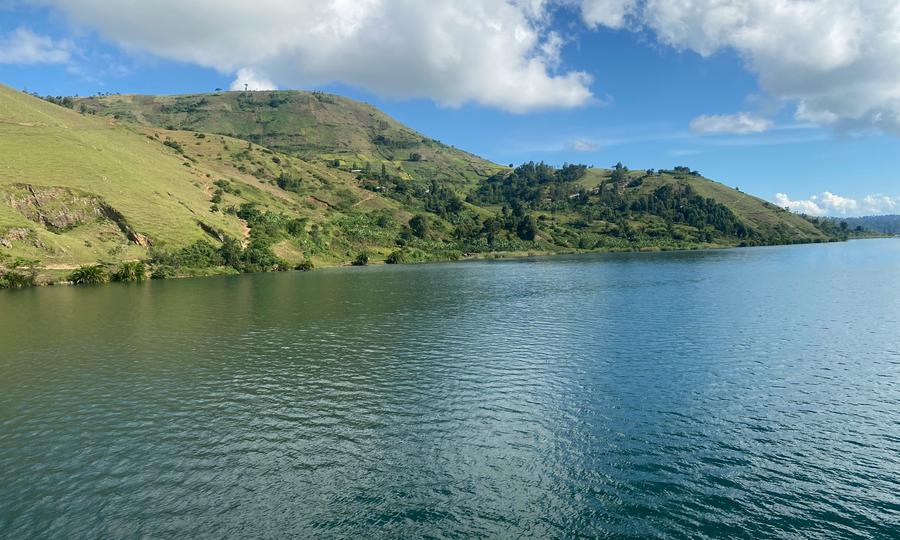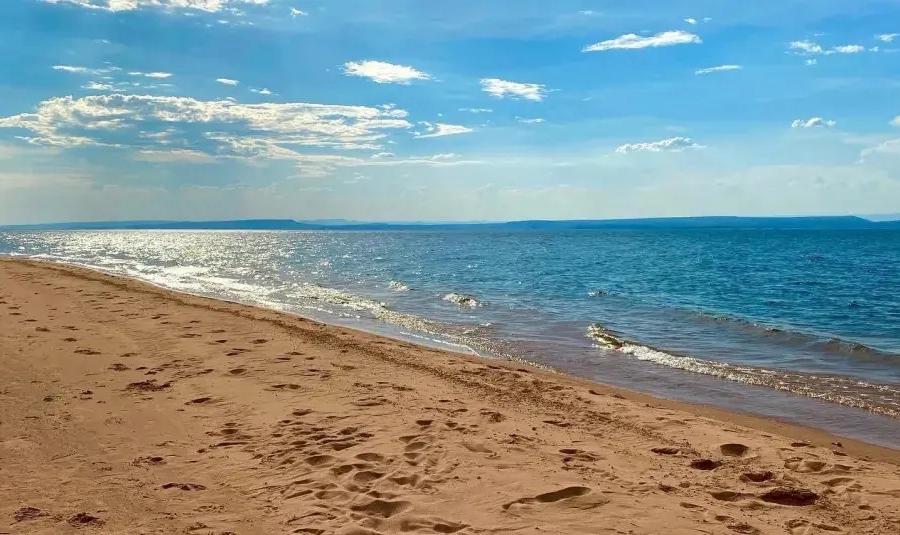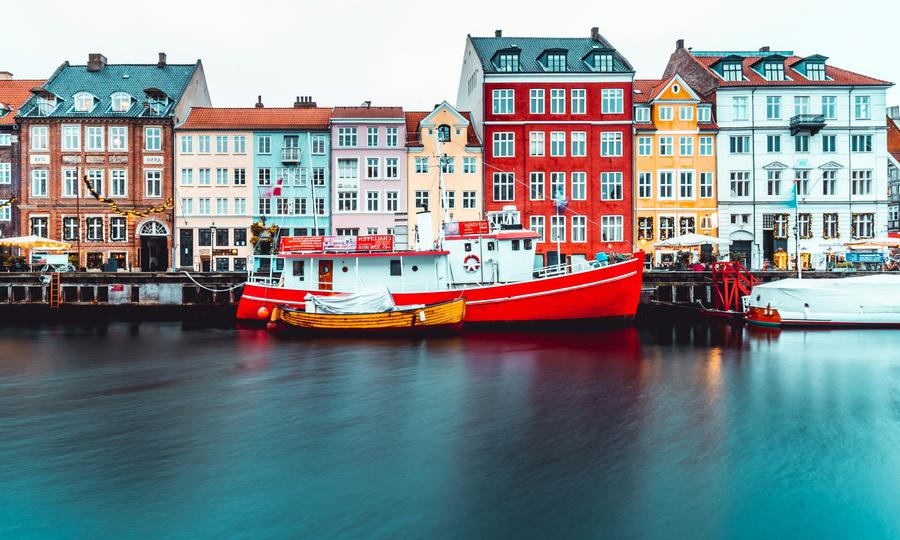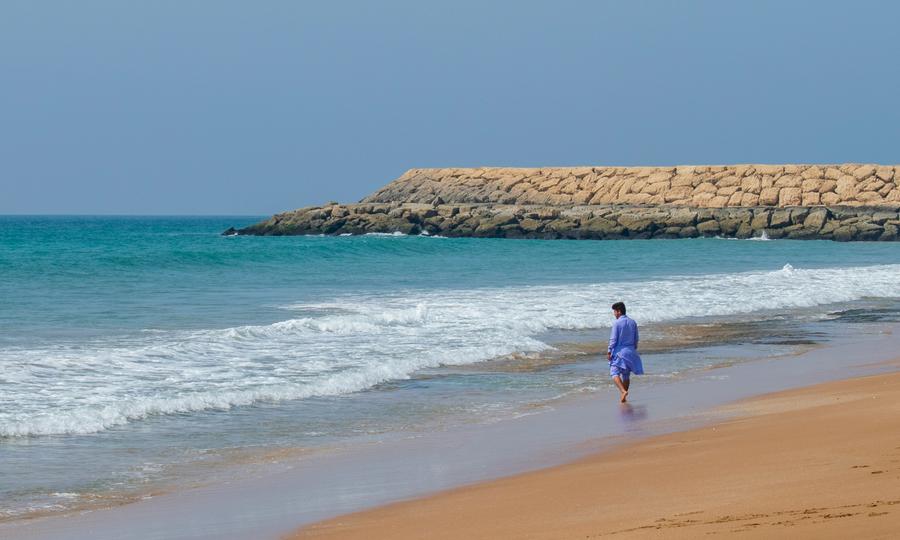Introduction
Germany has a longstanding tradition of embracing nudism, known as Freikörperkultur (FKK), or "Free Body Culture." This movement promotes a natural and liberated approach to nudity, emphasizing health, equality, and a connection with nature. While FKK is widely accepted, understanding the legal framework surrounding public nudity in Germany is essential for both residents and visitors.
This comprehensive overview delves into the legal stance on nudism, highlights designated nudist beaches, offers guidelines and etiquette, and provides insights into cultural considerations to ensure a respectful and lawful experience.

Legal Stance on Nudism
In Germany, public nudity occupies a nuanced legal position. There are no explicit national laws that either prohibit or permit public nudity outright. Instead, the acceptability of nudity often depends on local regulations and societal norms. Generally, nudity is tolerated in designated areas such as specific beaches, parks, and recreational zones.
However, appearing nude in non-designated public spaces may be considered a minor offense if it causes public disturbance or offense. For instance, walking naked in areas where most people are clothed can be deemed a minor breach of the law, potentially leading to fines if someone files a complaint (Wikipedia).
Designated Nudist Beaches
Germany boasts numerous designated nudist beaches where individuals can enjoy naturism without legal concerns (Hotels.in). These areas are specifically allocated for FKK activities, ensuring a comfortable environment for enthusiasts. Some of the most renowned nudist beaches include:
1. Ording Nord, Schleswig-Holstein
Located in Sankt Peter-Ording, Ording Nord is known for its expansive sandy coast, resembling the width of a football field. The gentle slope into the calm North Sea makes it perfect for swimming, while the rolling dunes create a picturesque backdrop for sunbathing.
Location: 25826 Sankt Peter-Ording, Germany
2. Warnemünde, Mecklenburg-Vorpommern
Warnemünde, near Rostock, is famous for its Blue Flag beaches, featuring soft sand, shallow waters, and scenic cliffs. The designated FKK area is about 1.5 km west of the Warnow River’s mouth and can be accessed via trail 20.
Location: Seestraße, 18119 Rostock, Germany
3. Priwall, Lübeck
Situated on the Priwall Peninsula, this naturist beach is set against a landscape of dunes and wooded areas, offering a peaceful escape from the crowds. The FKK section lies at the easternmost point, near the former East-West Germany border.
Location: Seeweg 131, 23570 Lübeck, Germany
4. Duhnen, Cuxhaven
Duhnen Beach features a 125-meter-long FKK section enclosed by a brushwood fence for added privacy. The flat, sandy coastline provides a tranquil setting for sunbathing and swimming in the shallow waters of the Wadden Sea.
Location: Dünenweg 12, 27476 Cuxhaven, Germany
5. Ahlbeck Beach
Ahlbeck Beach, located on the island of Usedom, extends for 2 km between the seaside resort town and the Polish border. The well-marked FKK section boasts fine white sand, grassy dunes, and gentle waves.
Location: Ahlbeck Beach, Heringsdorf, Germany
Guidelines and Etiquette for Nudist Beaches
When visiting nudist beaches in Germany, adhering to established guidelines and etiquette is crucial to maintain a respectful and enjoyable atmosphere. Key considerations include:
- Respect Personal Space: Maintain a comfortable distance from others to ensure privacy and comfort.
- Photography: Refrain from taking photographs or videos, as this can infringe on the privacy of others.
- Behavior: Engage in appropriate conduct; any form of sexual behavior is strictly prohibited and can lead to legal action.
- Cleanliness: Keep the area clean by disposing of trash properly and respecting the natural environment.
- Compliance with Local Rules: Some beaches may have specific regulations, such as mandatory nudity or clothing-optional policies. For instance, in Rostock, beach wardens have the authority to enforce nudity in designated areas and can ask clothed individuals to leave (NDTV - Latest news & breaking headlines).
Avoiding Legal Issues
To avoid legal complications related to public nudity in Germany, consider the following:
- Stay Informed: Familiarize yourself with local laws and regulations regarding nudity in the areas you plan to visit.
- Use Designated Areas: Limit nudist activities to recognized FKK zones to minimize the risk of offending others or violating local ordinances.
- Be Discreet: In non-designated areas, exercise discretion. Even in tolerant regions, it's advisable to assess the environment and act accordingly to avoid causing discomfort or attracting complaints.
Awareness and adherence to these practices help ensure a lawful and pleasant experience.
Cultural Considerations
Understanding the cultural context of nudism in Germany enhances appreciation and respectful participation. The FKK movement emerged in the early 20th century as a response to industrialization, promoting a return to nature and emphasizing health and equality. This philosophy remains integral to German naturism today.
While FKK enjoys widespread acceptance, attitudes can vary across regions and generations. Urban areas and younger populations may exhibit differing levels of comfort with public nudity compared to traditional FKK communities. Additionally, recent regulations in certain areas reflect evolving perspectives and the need to balance the interests of both nudists and the broader public.

Conclusion
Germany's rich history of naturism offers unique opportunities for individuals to engage in nudist activities within a structured and culturally significant framework. By understanding the legal landscape, respecting designated areas, adhering to established etiquette, and appreciating cultural considerations, both residents and visitors can responsibly enjoy the freedoms associated with FKK.

